How to Finance Personal Disruption
/Over the past decade, I’ve become something of an expert in personal disruption, after quitting a high-profile position on Wall Street, pursuing several entrepreneurial paths, co-founding two investment firms, and reinventing myself as a writer and speaker. If you are going to disrupt your career there are a lot of questions. But maybe the biggest hurdle is the “can” question: “Can I afford to make the change”?
Read More




















